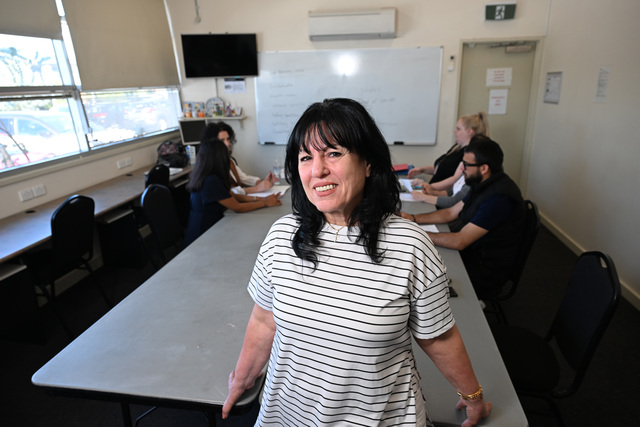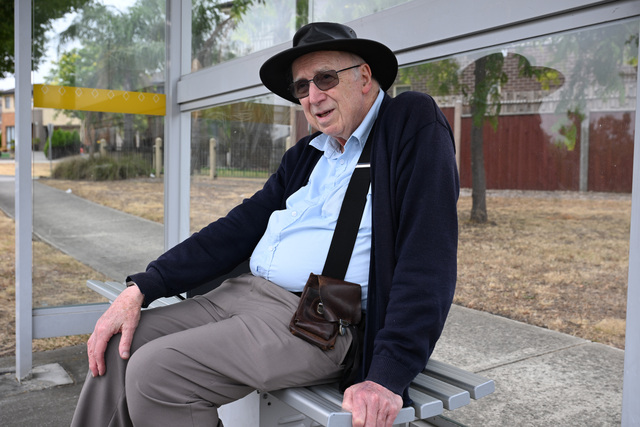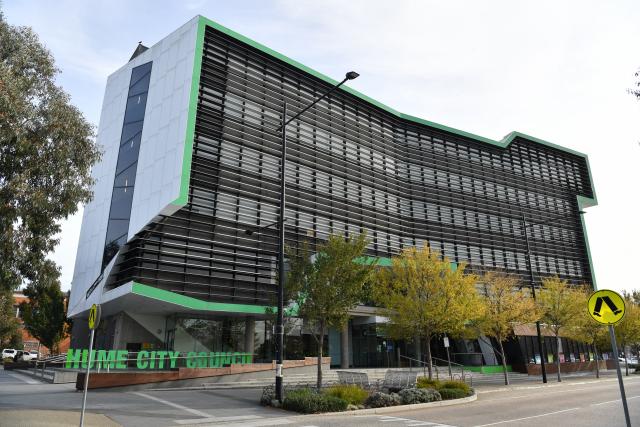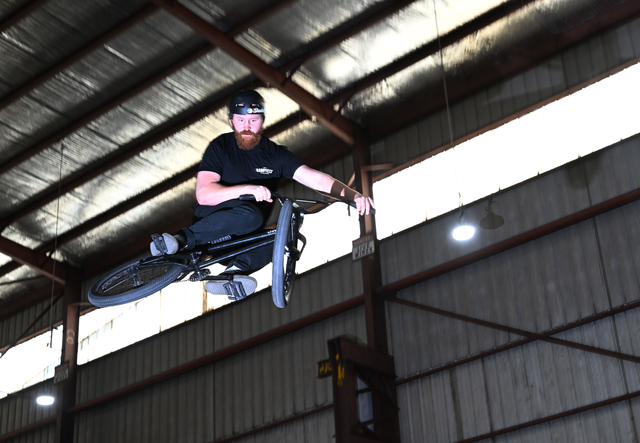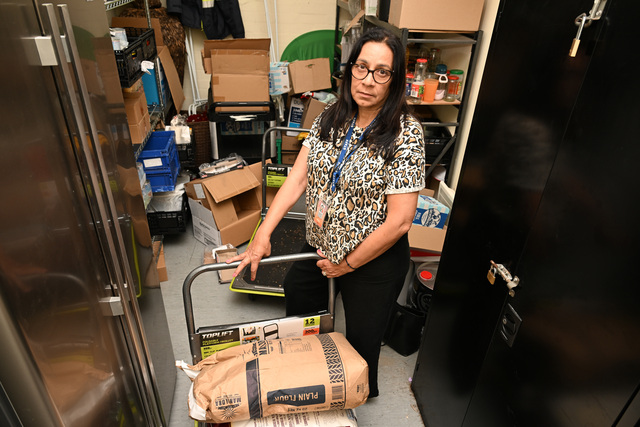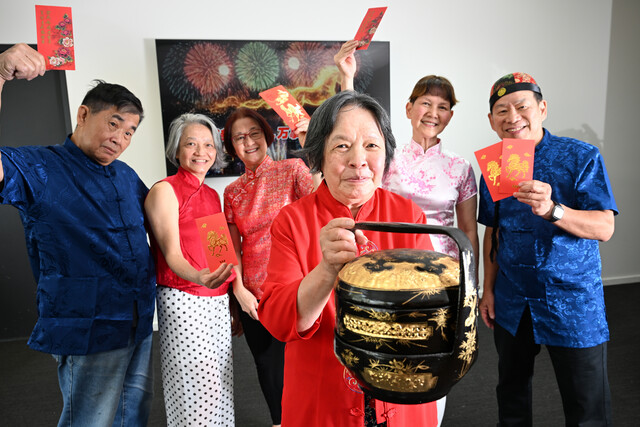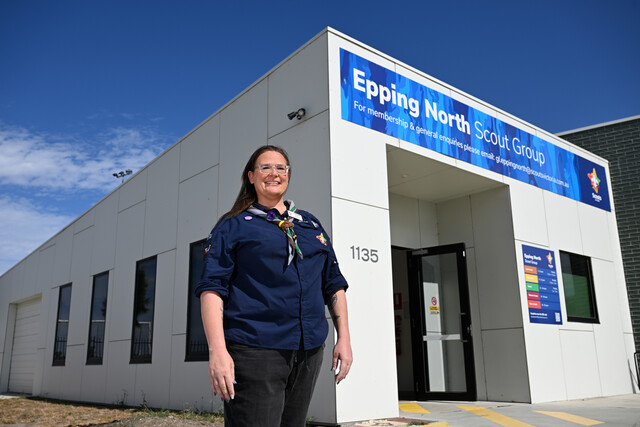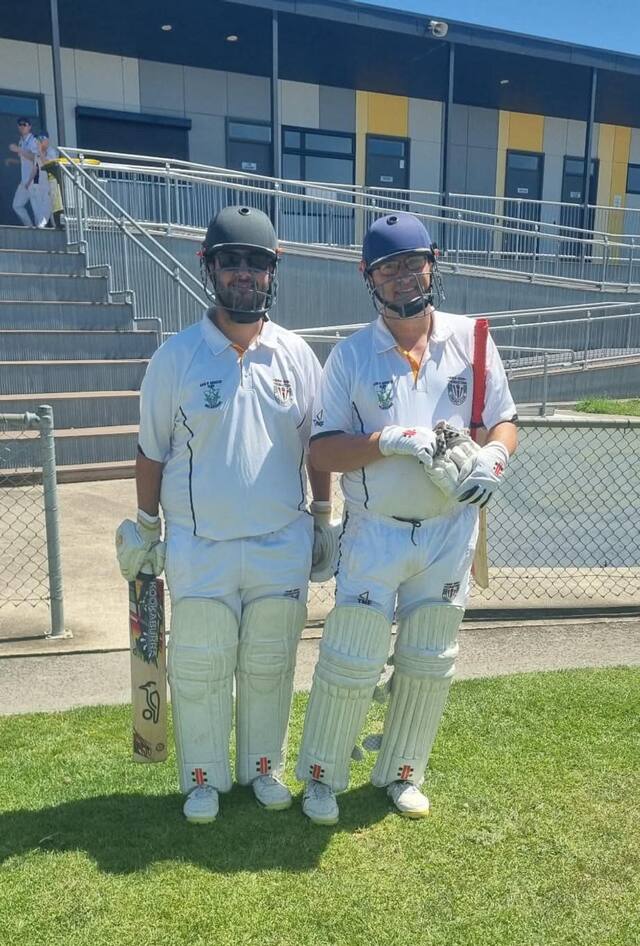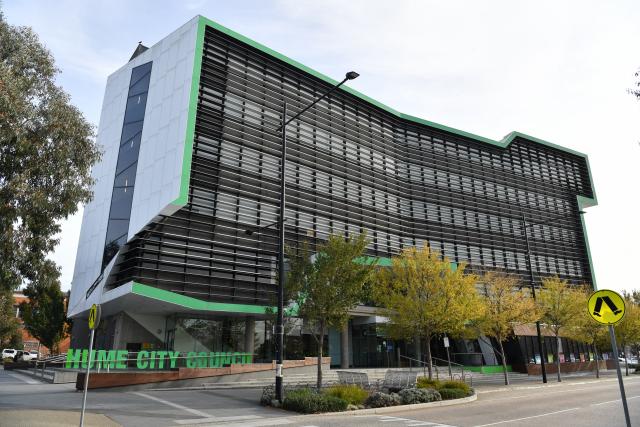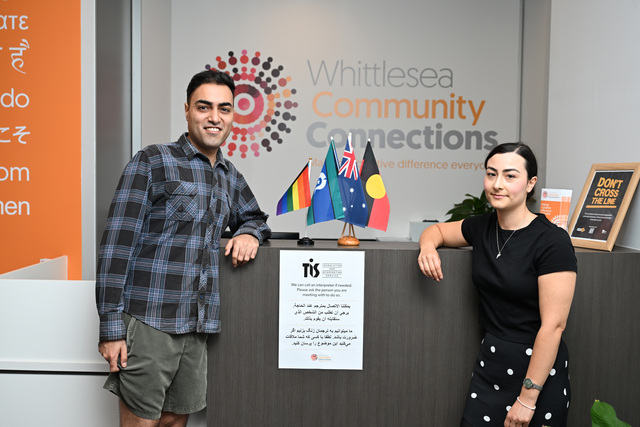The Broadmeadows Legal Centre has called on the state government to take a long-term approach to family violence by tackling it in the classroom.
In the legal centre’s submission to the Royal Commission on Family Violence, report author and family violence lawyer Anita Plesa recommended that all schools adopt a program promoting respectful and healthy relationships for students from prep to year 12.
Since 2010, the legal centre has conducted a family violence prevention program with Roxburgh College’s year 9 students.
The program aims to challenge young people’s perception of family violence by exploring the legal system and family violence myths, and examining healthy relationships.
Ms Plesa wrote that the program was a long- term investment.
“It will be generational change that will ultimately make the difference in reducing family violence in future,” she wrote.
“Our involvement with the students has shown that a fundamental shift in their attitude to family violence can occur if young people are given the opportunity to have information and open discussion on these issues.”
In a program evaluation survey conducted last year, one year 9 student wrote: “It helped me and I realised I was treating my girlfriend wrong. Perfect, amazing, helpful and meaningful presentation.”
Legal centre community legal education co-ordinator Flora Culpan said primary school teaching of the subject was not too early.
“I often say to the kids, you’re the ones who are going to make a difference,” Ms Culpan said.
“It’s about how you deal with things when they’re not going the way you want … it all comes down to respect.”
The legal centre also recommended the state government invest in existing community groups, such as the Craigieburn-based Oorja Foundation, that are attempting to tackle family violence in migrant communities.
Ms Plesa said that, based on her experience, Indian women in Australia were particularly vulnerable and reluctant to access family violence services.
“The Indian community itself will be the most effective driver of change,” she said. “To an extent, change cannot be imposed on them but must develop and be effected by the Indian community itself.”
The commission is due to provide its report and recommendations to the government by February 29 next year.


